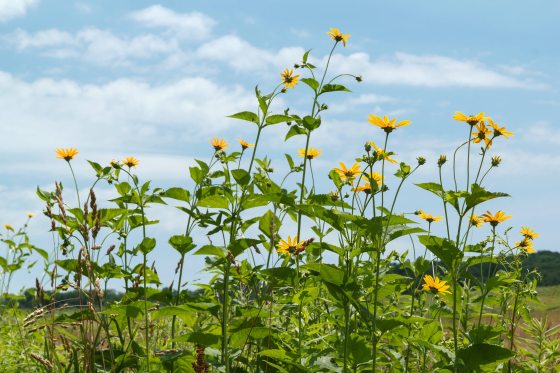
More Press Releases
-
Andres Ambriz Joins Longwood Gardens as Chief Horticulture & Facilities Officer
-
Experience a Gem of a Holiday Season During A Longwood Christmas
-
Longwood Gardens Joins Global Launch Of Illegal Plant Trade Coalition At IUCN Congress
-
Autumn’s Colors Highlights Fall Season at Longwood Gardens
-
Longwood Gardens Appoints New Director of Longwood Fellows Program